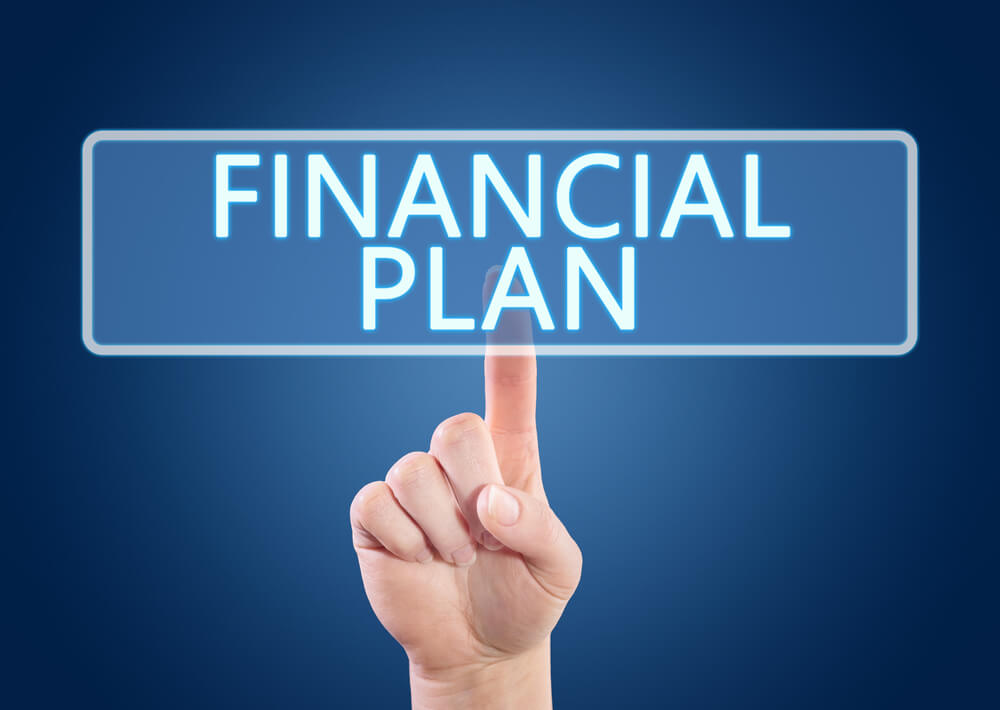
How to Plan for a Financial Emergency
How do you plan for something that’s unpredictable? It seems like an oxymoron, but in the immortal words of Donald Rumsfeld, there are known-known and known-unknowns, and financial emergencies fall into the latter category. We don’t know what they are, but we do know that at some point we’ll have to deal with them.
Armed with that knowledge, there are several steps you can take to make sure that when you are hit by an emergency, you’ll be able to take it in stride without it throwing your life and finances into disarray. Here are just a few.
Create an Emergency Fund
This is the simplest and most effective way of planning for an emergency. It’s a sad truth, but most Americans can’t handle a 400$ emergency without going into debt. And while going into debt over an emergency isn’t the worst thing, it’s pretty high up there with how punishing interest rates can be.
The easiest way to create an emergency fund is to open a new savings account at your bank, and slowly but steadily siphon cash into it over time. If you put in 25$ a week that’s barely the cost of eating out once, and at the end of the month you’ll have 100$ in there; after a year 1,200$ which is a decent amount to handle any emergency.
Shell Out for Insurance
Insurance is essentially the rich man’s emergency fund. It’s not an option for all of us, but for those who can afford it, it’s a powerful tool to recoup from random acts of nature and emergencies of all types.
The primary forms of insurance you want to invest in are car insurance, home insurance, life insurance, and because we live in Tennessee flood insurance. Each will kick in if you’re hit by an unexpected emergency and while they won’t always help at the moment, they’ll help you weather the secondary financial problems that arise from, for example, a car accident or storm.
Stockpile Supplies
Going back to the basics, another way to prepare for emergencies is to stockpile supplies. Hurricanes and floods can cut you off from stores and neighbors, and so having enough toilet paper and food until roads open up again is an important aspect of preparing for the unforeseen.
What you’ll need specifically will vary from disaster to disaster, but the basics like food and soap and toilet paper are always a good bet. Every six months take stock of what you have and whether you need to add anything to your stockpile. Doing so regularly will help you avoid the run on stores that happens when a storm or other natural disaster is on the way.

Know Your Nearest Title Loan Location
The final way to prepare for the unexpected is to know where the nearest title loan company location is to you. Title loans are a form of fast cash, short term loans that are specifically designed to help you deal with emergencies. In emergencies, we all fumble and become disorganized, which is why knowing beforehand where the nearest title location to you is so important.
Note: The content provided in this article is only for informational purposes, and you should contact your financial advisor about your specific financial situation.